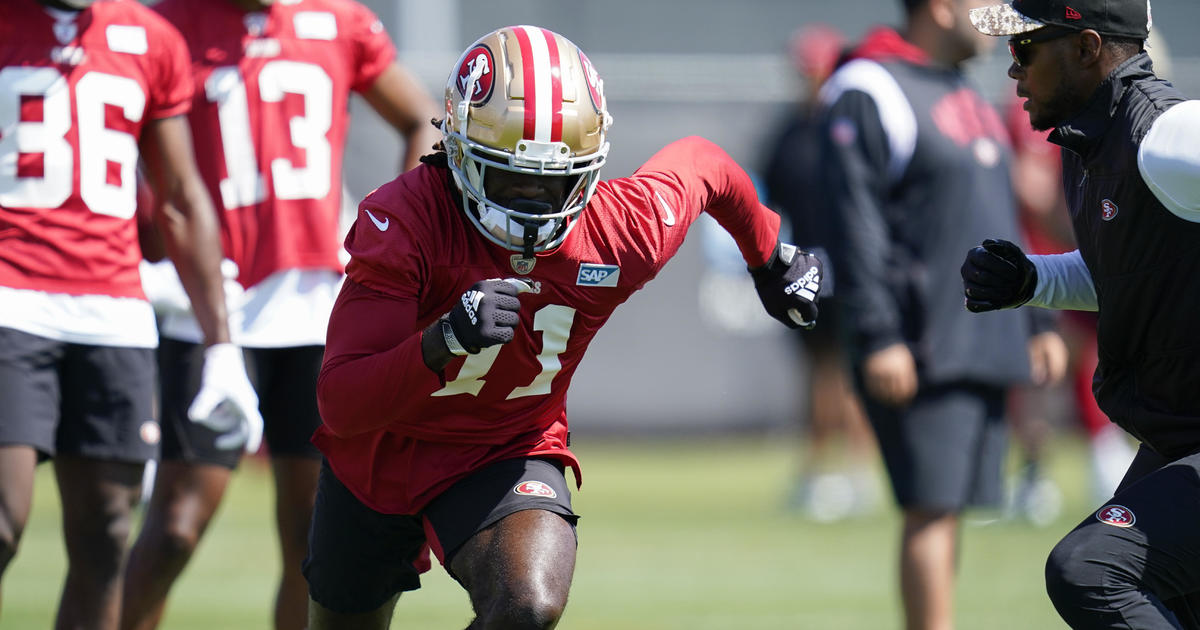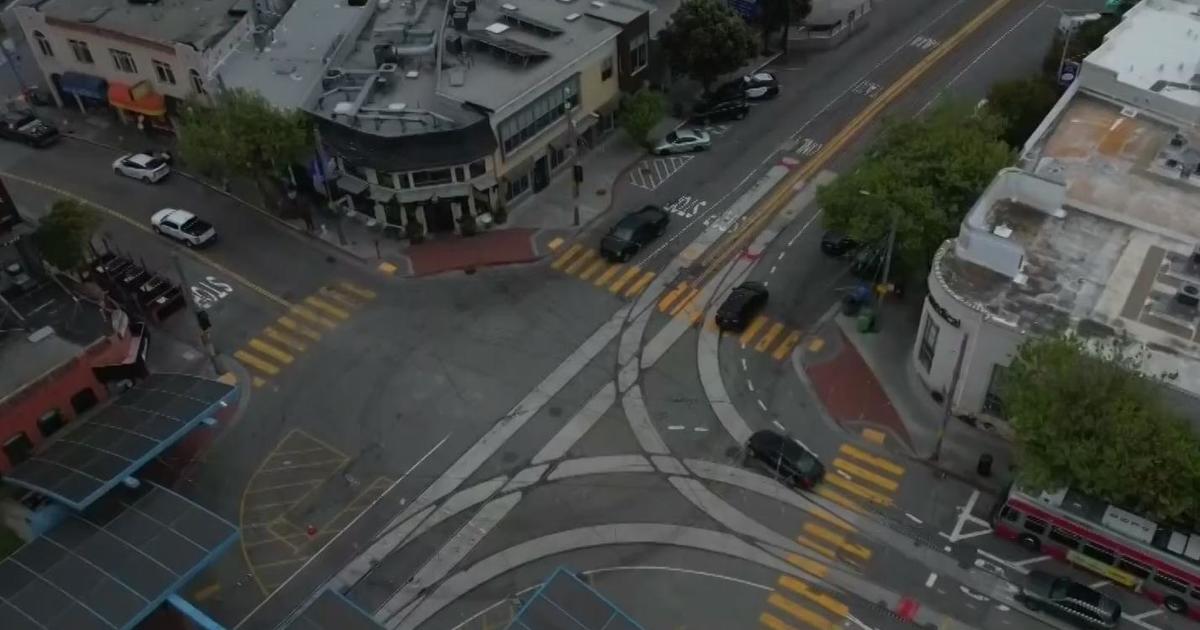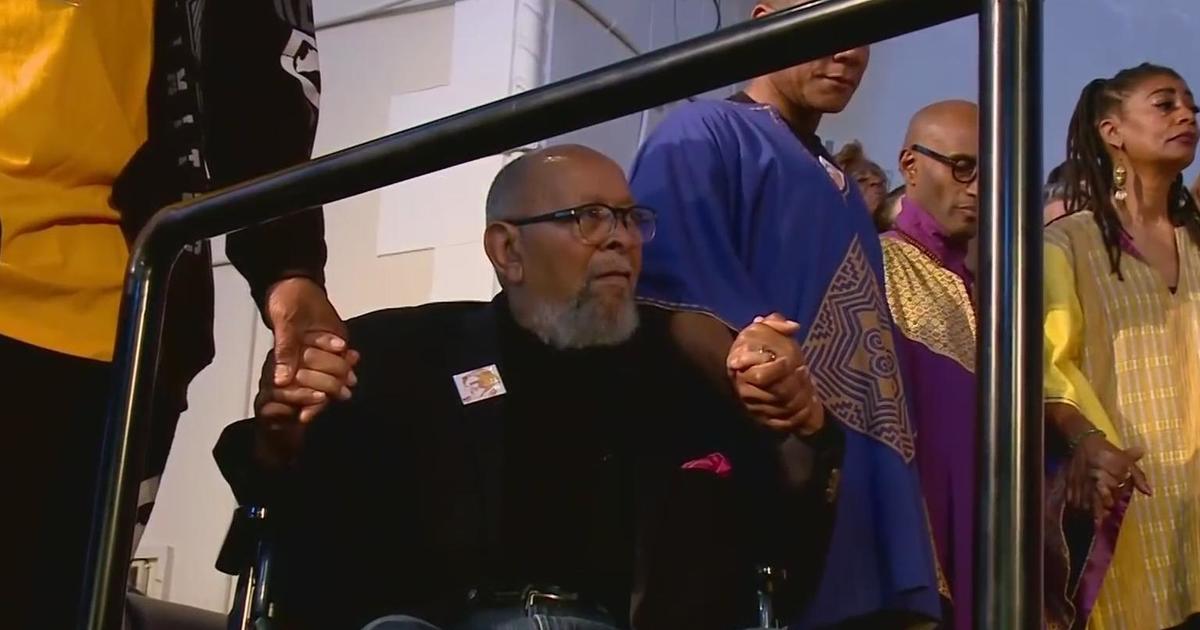Pedestrians, law enforcement adjust to new California law decriminalizing jaywalking
SAN JOSE – As long as they're not in immediate danger of being hit by a car, pedestrians on California roadways are now permitted to jaywalk without the risk of getting a citation.
"This just merely codifies that if you are crossing the street safely and you're in the middle of the street, then you can't get a citation," said Assemblymember Phil Ting (D-San Francisco). "I think this is just a common sense law that is just mirroring what is already happening every single day."
Ting authored the bill, which is known as the "Freedom to Walk Act." It decriminalizes jaywalking, with the exception of a scenario where the pedestrian is creating a risk for themselves or traffic.
"This was just common-sense legislation. Most of us already cross the street in the middle of the street looking both ways. No pedestrian crosses the street hoping to get hit by a car or a bicyclist or a skateboarder or a scooter or anybody," he said.
He says jaywalking enforcement has often been uneven, and he believes the law should temper that.
"What we see is, often times the citations are written in areas that are lower-income, areas where there is actually less pedestrian infrastructure. By that, I mean, fewer crosswalks," Ting said. "We want to ensure that the interaction between law enforcement and community members doesn't escalate. Unfortunately, we've seen a number of situations around the state where a simple jaywalking ticket led to a use of force, or unfortunately, even a fatality here and there."
In San Jose, a city that saw a 25-year high in traffic fatalities last year, Officer Steve Aponte is wary of the change.
"It's troubling to think that perhaps, people will become emboldened, to think that they can cross and the pedestrian always has the right of way, when in fact that's not true," Aponte said.
32 pedestrians died on San Jose roads last year.
"Two-thirds of those pedestrians were not in a marked crosswalk when the collision occurred," he said.
He said the department will shift its focus towards education. However, officers won't completely abandon enforcement, either, as there is still a scenario where jaywalking can result in a citation.
"We want to make sure that people are safe. We want to reduce traffic fatalities. But we're merely one piece of the puzzle. We're the enforcement side of things. Now that enforcement of jaywalking is no longer a part of the legal system, we're going to try and educate folks as well as drivers and other pedestrians and bicyclists to make sure that they're practicing safe walking, safe riding, and safe driving," Aponte said. "I can tell you, without a doubt, that if a pedestrian is causing a hazard in the roadway, officers will detain that person and will cite them."
With regard to the idea of uneven enforcement, Aponte pointed us towards a 2016 study about the department's pedestrian and vehicle stop data.
"In 2016, the University of Texas at El Paso did a study based on information that we provided on our pedestrian and vehicle stops from 2013-2016. It showed no large disparities in regard to the stop data that we provided," he said. "Since then, we've only doubled down on 21st century policing."
Ting is hopeful the new rules of the road will cause both pedestrians and drivers to exercise more caution.
"What we told drivers is, the way you make streets less dangerous is to drive more slowly," Ting said. "With pedestrian fatalities, speed kills. So, we're trying to get cars to slow down, we're trying to get more people to get out of their cars and walk or take the bus or ride their bikes."
Dat Buyi, who lives in San Jose, says he sees pros and cons with the new jaywalking rules.
"I think crosswalks are here for a reason, but at the same time, some of them take a long time. So, it's more convenient, like I said earlier," he said. "I think I'll get used to it. But it might take some time."



